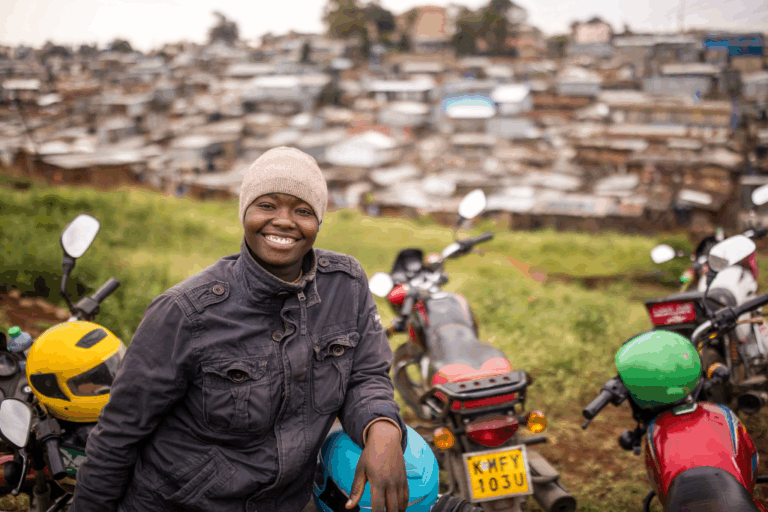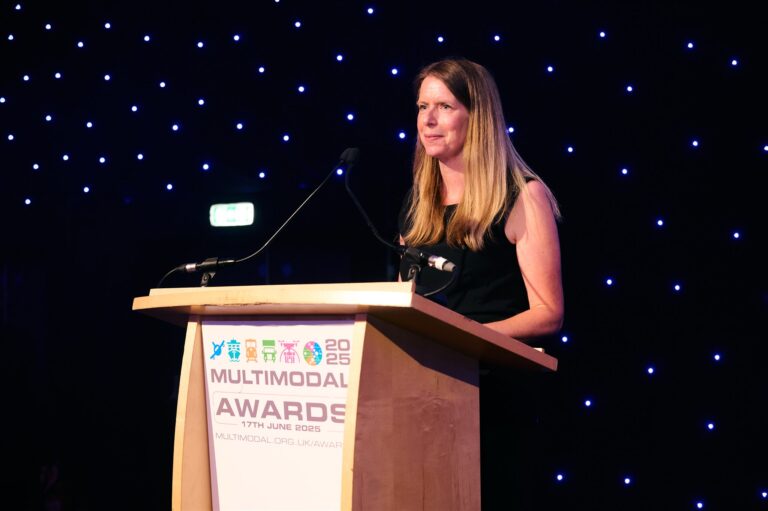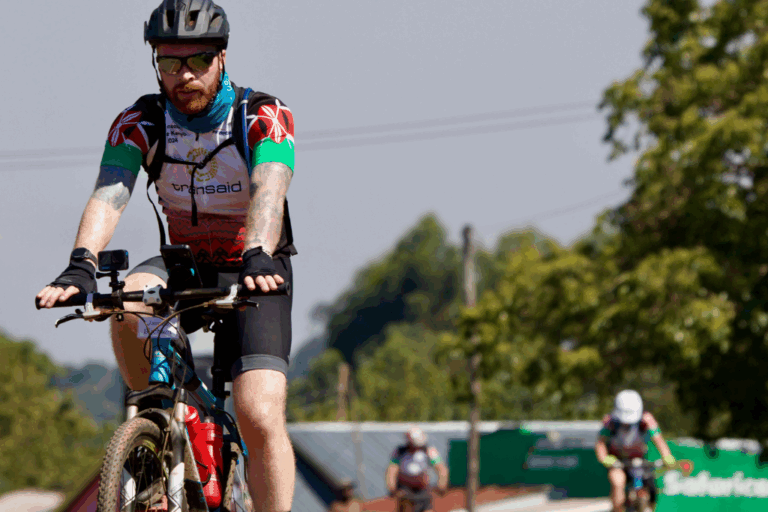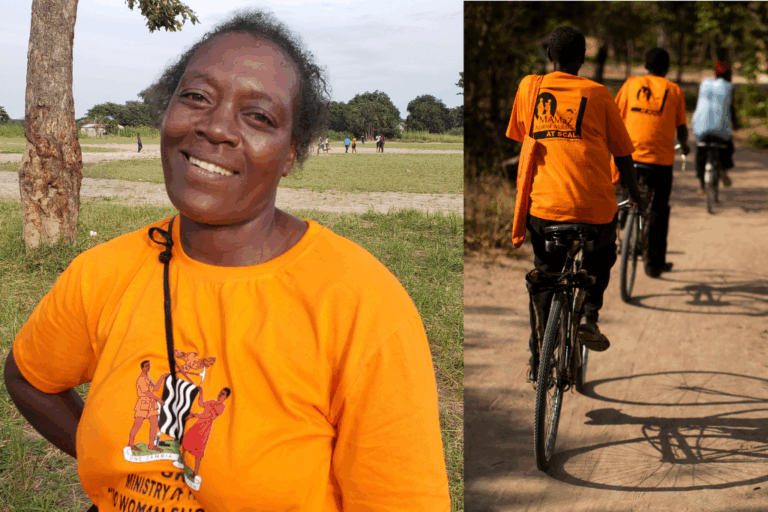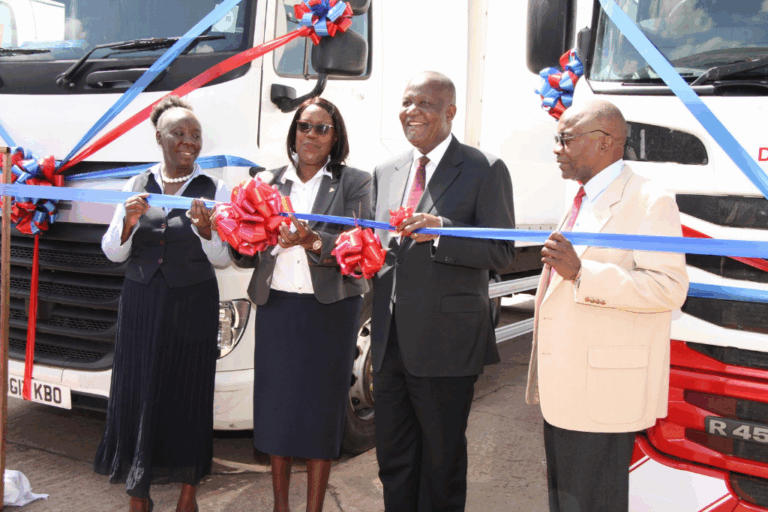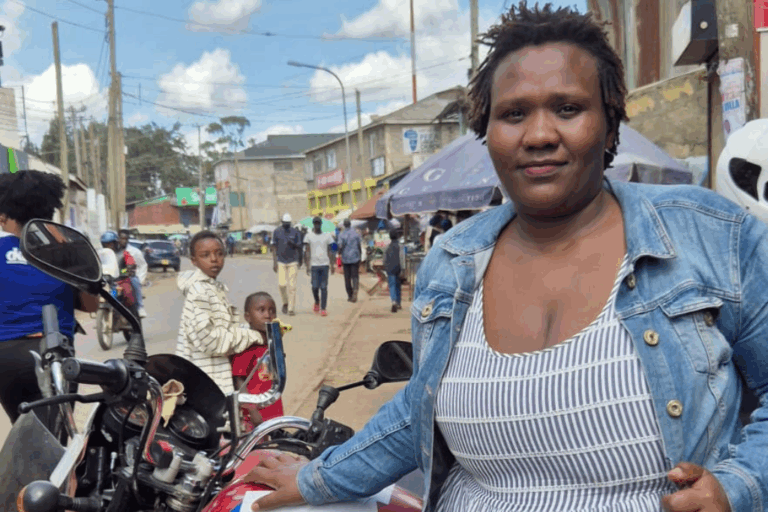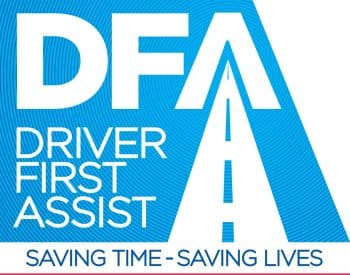
News
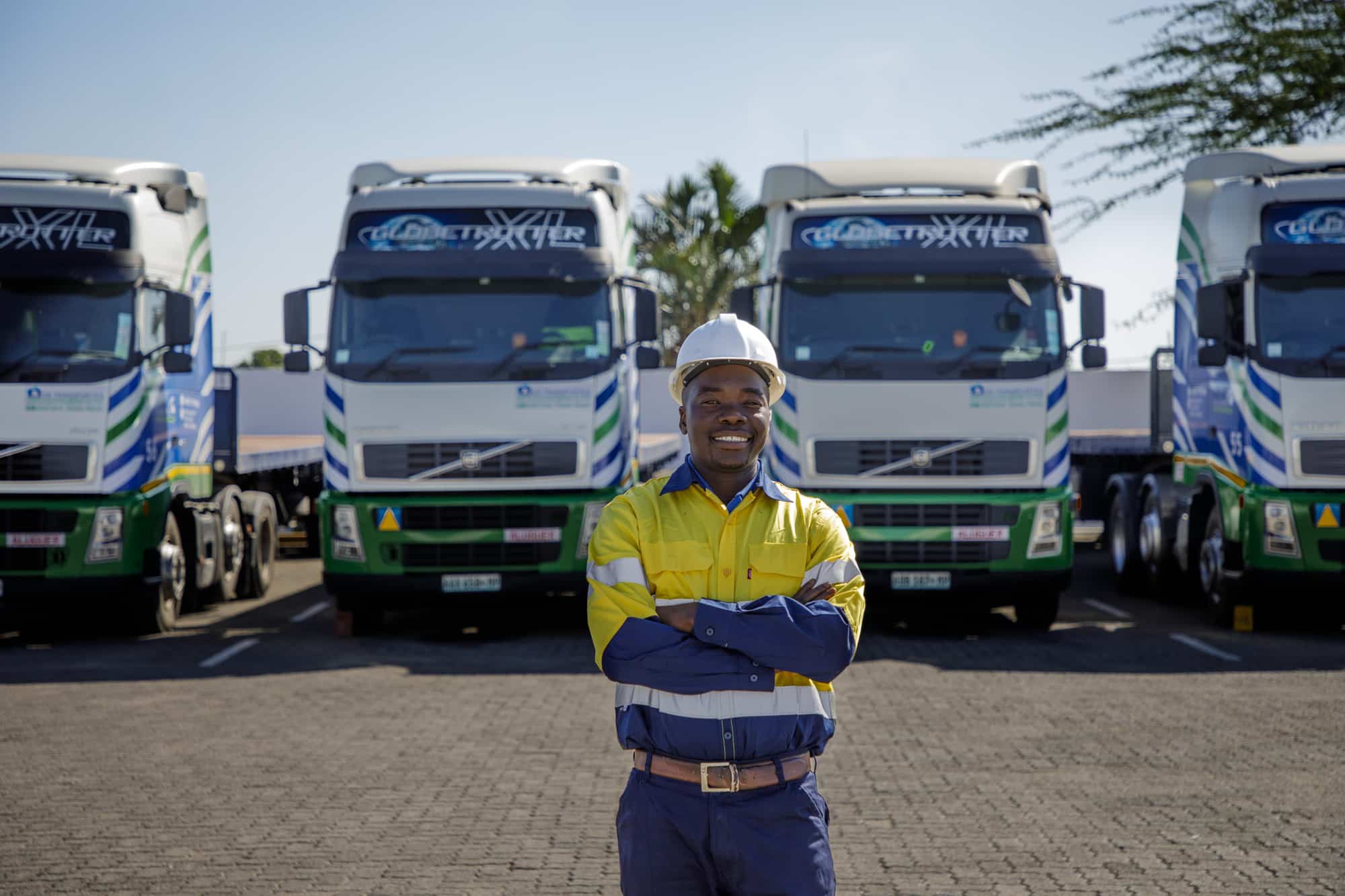
MAMaZ Against Malaria at Scale set to benefit four times more people in rural Zambia
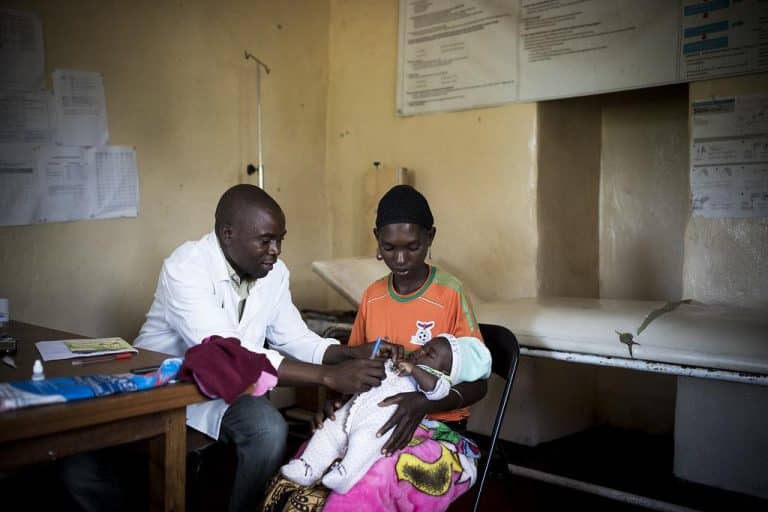
On World Malaria Day, we are excited to announce that Transaid is part of a major programme to scale up the highly successful MAMaZ Against Malaria (MAM) pilot project, after securing matched funding from Grand Challenges Canada (GCC) and the Government of Canada that will allow the project to benefit around four times more people living in rural Zambia – from 54,000 to 200,000.
Transaid, along with a consortium of partners comprising Development Data, DAI Global Health, Disacare, and Medicines for Malaria Venture (MMV) are working with the National Malaria Elimination Centre (NMEC) in Zambia.
The new project – MAMaZ Against Malaria at Scale – follows a 12-month pilot which recorded a 96 per cent reduction in child mortality from severe malaria in Serenje district. This was achieved through effective community engagement, a functioning drug supply chain, implementing an innovative emergency transport system for patients using bicycle ambulances and increased access to key medicines for severe malaria.
Speaking about the scale-up, Transaid CEO Caroline Barber said: “Together with our partners, this new 18-month project will see us supporting a four-fold increase in population coverage with the potential to reach five districts, 200 communities and 38 health facilities, and save hundreds more lives. The consortium will provide strategic and technical support to NMEC as Zambia transitions to scale.”
The project will continue to see the MAM at Scale consortium working in collaboration with NMEC to procure World Health Organisation (WHO) quality assured Rectal Artesunate (RAS) – used to help manage severe malaria in children less than six years old at a community level before they are referred to a healthcare facility to receive injectable artesunate.
Once a suspected severe malaria case has been identified in the community and RAS administered, the child will be referred to a health facility and transported by bicycle ambulance. During the pilot phase, Transaid’s emergency transport scheme made 1,066 transfers to a health facility – with local volunteers riding bicycle ambulances placed strategically within local communities.
“Malaria can become deadly all too quickly, especially for children under five living far from health facilities,” said George Jagoe, Head of Access & Product Management, MMV. “The dramatic 96 per cent reduction in case fatality achieved by the pilot project, demonstrates not only the undeniable benefit of using RAS and emergency transport in tandem but also the incredible life-saving impact this project could have at full scale in Zambia as well as other high-burden malaria countries.”
To discover how MAM is saving lives in rural Zambia, read Mervis’ story here.
Recent Posts



